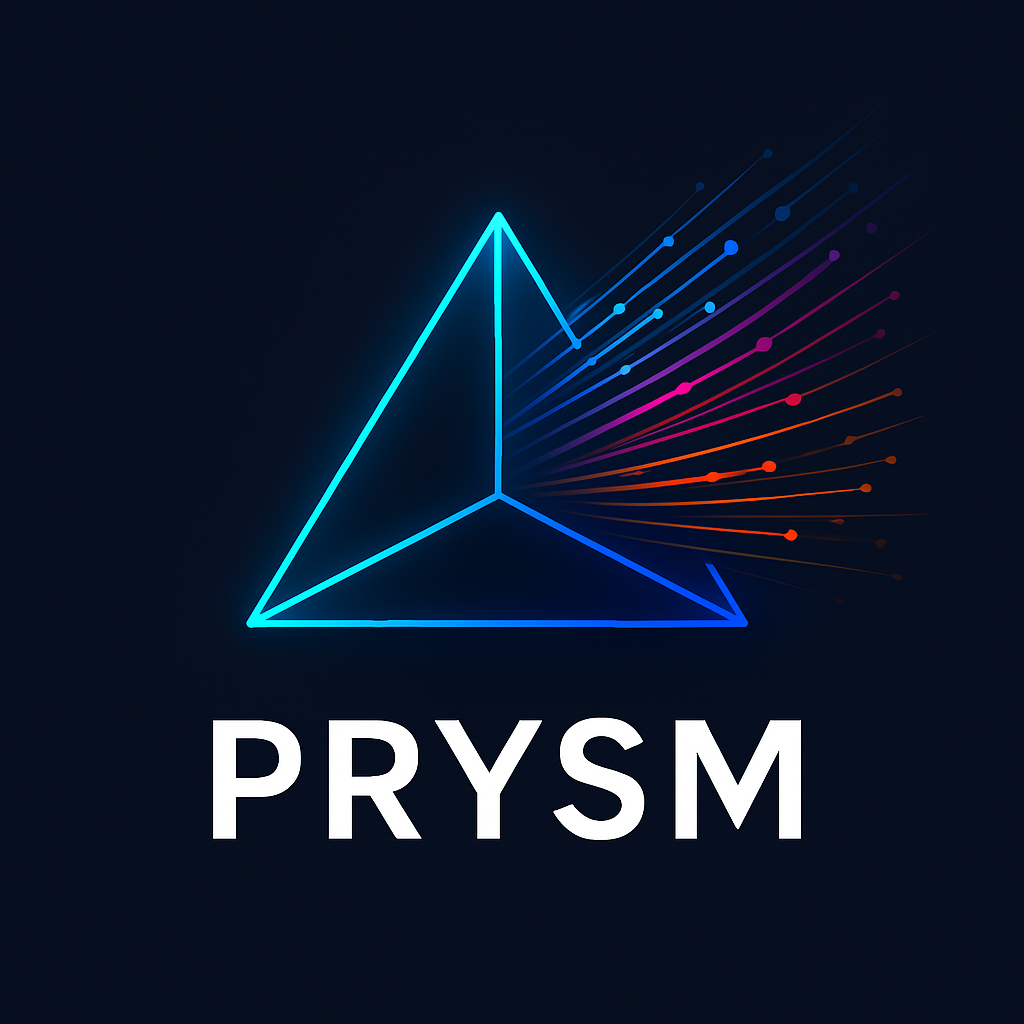Prysm is a blazing-smart Puppeteer-based web scraper that doesn't just extract — it understands structure. From recipes and documentation to ecommerce listings and blogs, Prysm dynamically adapts to the page and gets what matters — fast.
- 🧠 AI-style Structure Detection: Recipes, articles, docs, products, blogs — identified and extracted with precision.
- 🕵️♂️ Cloudflare Bypass: Defeats the orange wall with stealth plugins and anti-bot evasion.
- 🚫 Resource Blocking: Faster scrapes with image/script/fonts tracking turned off.
- 🔄 Smart Pagination: Scroll, click, or URL pattern — handled automatically or manually.
- 📸 Image Extraction: Scrape images with contextual information and optional local downloading.
- 🛠 Pluggable & Modular: Add your own extractors, pagination styles, or content processors in seconds.
- 🌐 REST API: OpenAPI-powered REST interface for remote control and integration.
- 🔨 Brute Force Architecture: Core design applies all extraction techniques to every page without detection logic for maximum content retrieval
Prysm's intelligent scraping process works in four key stages:
When Prysm encounters a new webpage, it first analyzes the structure and content to understand what it's looking at. This analysis includes detecting:
- Page structure and layout (elements, content organization, DOM patterns)
- Content type (article, product listing, documentation, recipe, etc.)
- Available pagination methods (infinite scroll, click-based, URL-based)
- Media content (images, videos) and their context
Based on the analysis, Prysm creates an optimized extraction plan:
- Prioritizes the most promising extraction methods for the detected content type
- Determines the best pagination approach (scroll, click next buttons, follow URL patterns)
- Adjusts scroll settings and timeouts based on page complexity
- Prepares specialized extractors for specific content (recipes, products, articles)
Prysm then systematically tests different extraction methods:
- Tries all applicable extraction techniques to find the most effective one
- Evaluates each method's results based on content quality and completeness
- Identifies the single most successful approach for this specific page type
- Maintains a "brute force" philosophy - trying everything to get the best results
For maximum efficiency, Prysm learns and adapts:
- After finding the most effective extraction method, it uses only that method for subsequent pages
- This dramatically speeds up multi-page scraping jobs by avoiding redundant testing
- If the chosen method fails on a different page, Prysm automatically falls back to testing all methods again
- The extraction continuously adapts to changing page structures across a website
This intelligent approach allows Prysm to handle virtually any website structure while optimizing for both speed and content quality.
# Install from npm
npm install @pinkpixel/prysm-scraper
# Update to the latest version
npm install @pinkpixel/prysm-scraper@latest
# Or install dependencies locally
npm install
# Run scraper on example URL
npm run start:cli "https://example.com"
# Start the REST API server
npm run start:apiThe CLI provides a simple interface to run the scraper. Prysm automatically detects page structure and adapts its scraping strategy accordingly:
# Scrape any URL using the npm package
npm run scrape -- "https://example.com"
# Use as a global command if installed with -g
npx prysm-scrape "https://example.com"
# Follow links within a page (great for documentation or multi-page content)
npm run scrape -- "https://example.com" --pages 5
# Download images from the page
npm run scrape -- "https://example.com" --images
# Custom output paths
npm run scrape -- "https://example.com" --output "/custom/path" --image-output "/custom/images"--pages <number>- Number of links to follow from the initial URL (default: 1)--images- Download images from the page--output <path>- Custom output path for results (default: ~/prysm/output)--image-output <path>- Custom output path for images (default: ~/prysm/output/images)--help- Show help message
Note: When using npm run scrape, you must include
--before your arguments to pass them to the script.
Prysm includes a full-featured REST API that allows you to:
- Start scraping jobs remotely
- Check job status and progress
- Retrieve scraped content
- Manage jobs (cancel, delete)
- Receive webhook notifications
POST http://localhost:3001/api/jobs
# Request body:
{
"url": "https://example.com/page-to-scrape",
"options": {
"pages": 5, # Optional: number of pages to scrape (default: 1)
"images": true, # Optional: download images (default: false)
"output": "/custom/path", # Optional: custom output path
"imageOutput": "/custom/images" # Optional: custom image output path
}
}
# Response:
{
"jobId": "job_xyz123",
"status": "pending",
"url": "https://example.com/page-to-scrape",
"createdAt": "2024-03-20T10:30:00Z"
}Note: The API options have been simplified to match the CLI options for consistency.
GET http://localhost:3001/api/jobs/{jobId}
# Response:
{
"jobId": "job_xyz123",
"status": "completed",
"url": "https://example.com/page-to-scrape",
"createdAt": "2024-03-20T10:30:00Z",
"completedAt": "2024-03-20T10:31:00Z",
"progress": 100
}
